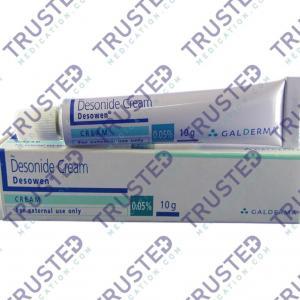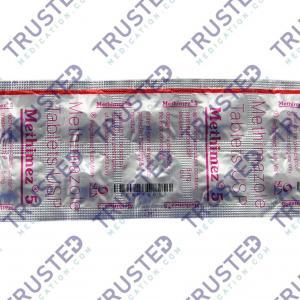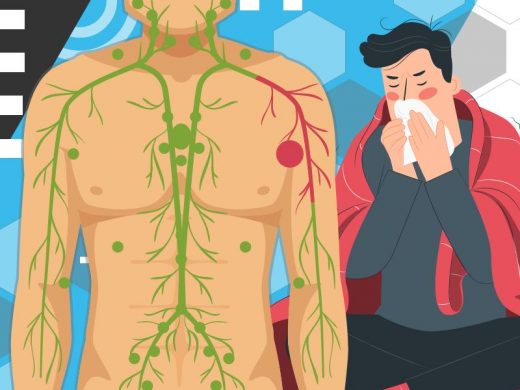
Lymphoma is a cancer of the lymphatic system or the germ-fighting network of the body. The lymphatic system includes the lymph nodes lymph glands, spleen, thymus gland, and bone marrow. Lymphoma can affect all those areas and the other organs throughout the body.
The Types of Lymphoma are:
- Hodgkin lymphoma. It spreads in an orderly manner from one group of lymph nodes to another.
- Non-Hodgkin lymphoma. It spreads through the lymphatic system in a non-orderly manner.
- Chronic lymphocytic leukemia. It is a type of cancer of the blood and bone marrow. The spongy tissue inside bones where blood cells are made.
- Cutaneous B-cell lymphoma. It is a rare type of cancer that begins in the white blood cells and attacks the skin.
- Waldenstrom macroglobulinemia. It is a rare type of cancer that begins in white blood cells. It occurs when your bone marrow produces too many abnormal white blood cells.
What Causes Lymphoma?
Non-Hodgkin lymphoma becomes are typical as you age. They are highest among teens and young adults. Nonetheless, there are no specific causes of the disease.
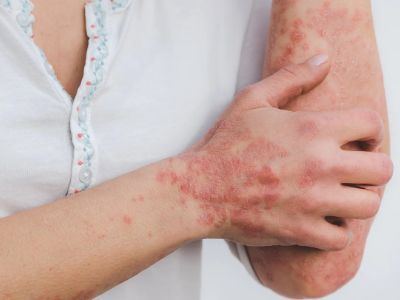
Symptoms of Lymphoma
- Painless swelling of lymph nodes
- Persistent fatigue
- Fever
- Night sweats
- Shortness of breath
- Rapid weight loss
- Itchy skin
- Fever without infection
- Reduced appetite
- Persistent coughing
- Shortness of breath
- Swelling and abdominal pain
The Risk Factors of Lymphoma
- Age and gender
- Weak immune system from HIV/AIDS and organ transplant
- You are born with an immune disease
- rheumatoid arthritis, lupus, or celiac disease
- Hepatitis C, leukemia, and viral disease
- A family history of lymphoma
- Exposure to benzene or chemicals
- A history of Hodgkin or non-Hodgkin lymphoma in the past
- A history of radiation therapy
How to Diagnose Lymphoma?
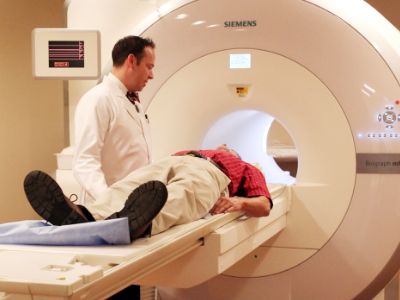
- Bone marrow aspiration or biopsy. Your doctor uses a needle to remove fluid or tissue from your bone marrow to look for lymphoma cells.
- Chest X-ray. Your doctor may need an imaging test on your chest.
- MRI. It uses magnets and radio waves to make pictures of organs and structures inside your body.
- PET scan. It uses radioactive substances to look for cancer cells in your body.
- Molecular test. It determines changes to genes, proteins, and other substances in cancer cells.
- Blood tests. It checks the number of certain cells, levels of other substances, or evidence of infection in your blood.
Treatment for Lymphoma
Your doctor may recommend anti-cancer medications as lymphoma is highly treatable. Other treatment includes:
- Biologic therapy
- Antibody therapy
- Chemotherapy
- Radioimmunotherapy
- Radiation therapy
- Stem cell transplantation
- Steroids
- Surgery

